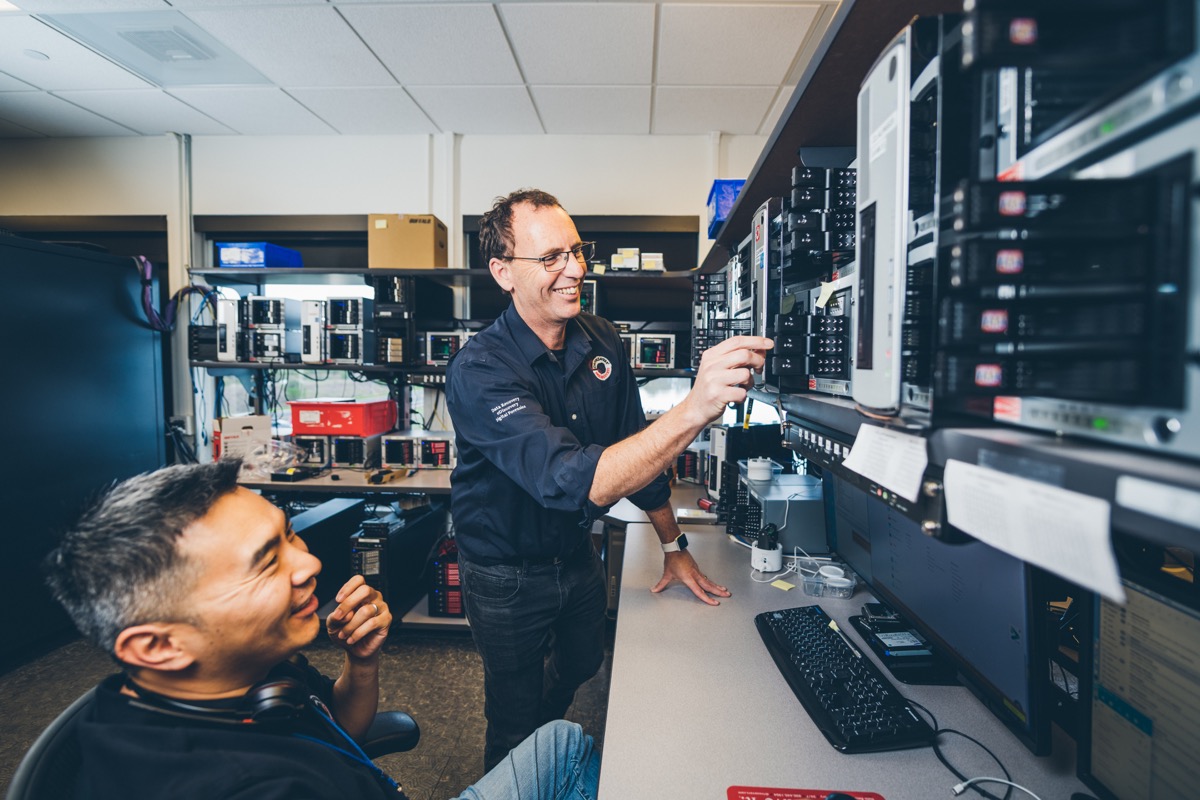Custom-Developed Data Recovery Solution for HPE SimpliVity System
The crisis began when critical database files on the HPE SimpliVity system became inaccessible, prompting the customer to seek assistance from HPE. However, they quickly discovered that their version of SimpliVity was no longer supported, as it had reached its end of life. This left the college without access to essential data, creating a critical situation for their educational institution. The system in question hosted multiple virtual machines (VMs) containing vital educational files. Due to the intricate and advanced architecture of the HPE SimpliVity system, recovering this data required a thorough analysis and a custom-tailored approach.
The HPE SimpliVity system integrates several layers of abstraction to enhance performance and data integrity, each of which presented unique challenges during the data recovery process. These layers included compression, which reduces the storage footprint but necessitates decompression for data retrieval; encryption, which ensures data security but requires decryption to access; and load balancing, which optimizes performance by distributing data storage but complicates the location and retrieval of specific data segments.

Additionally, on-disk replication provided redundancy and fault tolerance but demanded careful management to avoid data inconsistencies, while deduplication eliminated redundant data, making it necessary to reconstruct the original data from deduplicated fragments.
To recover the lost data, the DriveSavers development team embarked on an extensive process to decode the complex internal workings of the HPE SimpliVity system. This process began with a detailed analysis of the data storage structures to understand the formats and metadata used by the system. The team then systematically addressed each layer of abstraction, creating custom methods to bypass these challenges.
This included developing bespoke algorithms for decompressing stored data, implementing decryption techniques compatible with the system’s encryption protocols, and mapping the load-balancing logic to locate the data accurately. The team also designed processes to manage on-disk replication, ensuring data consistency, and crafted tools to reassemble data from deduplicated segments into a coherent form.
The culmination of this research and development was the creation of a custom extraction program capable of reading the unique data structures of the HPE SimpliVity system and extracting the required virtual machine data. This program underwent rigorous testing to ensure its reliability and accuracy in recovering the customer’s data.

Through meticulous analysis and custom development of innovative solutions, DriveSavers successfully recovered 14TB of critical data from the virtual machines on the HPE SimpliVity system. This recovery not only restored access to their data but also provided valuable insights into managing complex hyper-converged systems for future data recovery efforts.
DriveSavers remains the only data recovery company in the world with the expertise, tools, and innovation to support complex HPE SimpliVity systems.



